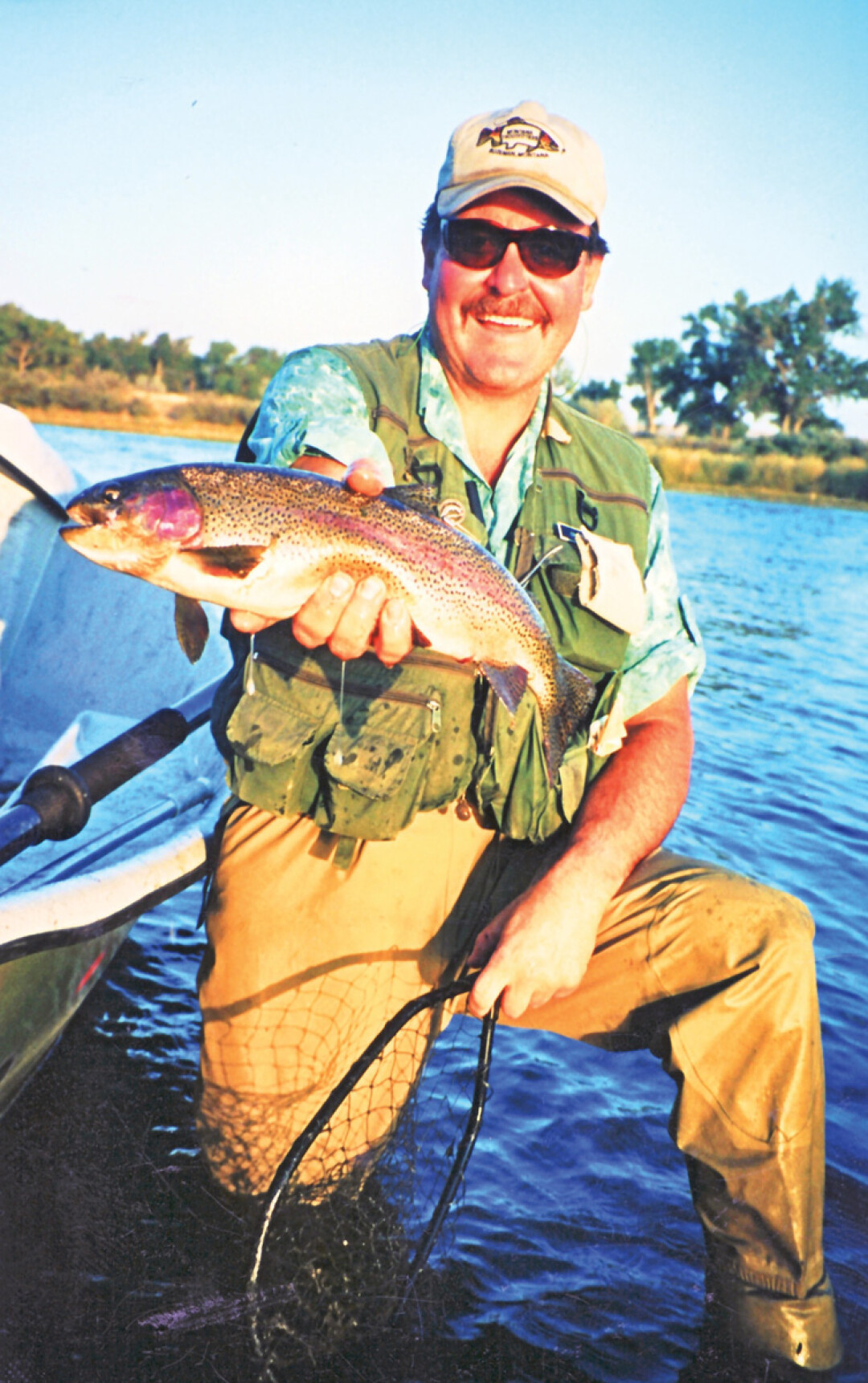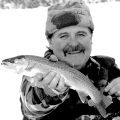Every Picture Tells A Story
Montana Grant | Tuesday Sep. 1st, 2020
A picture is worth a thousand words. How you take a picture is worth the time. You need to only look at the piles of old family fish pictures from years ago to agree with this statement. They are out of focus, fuzzy, unframed, and lousy. There was no story to tell, or no one remembers the story. Without any digital support, the pictures will look lousy no matter what you do. If you felt it was important to take a picture, take the time to do it right.
Today we have cellphone cameras that take amazing pictures. Once you have pictures in a digital format, you can crop, adjust, and improve them. Digital cameras will take your photography skills to another level.
One thing is for sure, most sportsmen enjoy looking at pictures of themselves and their friends. My Dad had 2x4-foot posters of his memories hanging on the wall. Every few weeks or so, he would change the displays. If we would have had the time, I would have copied his memories onto a digital format that would show up on his TV screen as a slide show.
Be creative with your picture taking. Too many people take lousy pictures! If I had one thing to suggest to amateur photographers, it would be Get close, get closer! The first thing to consider is to think about what kind of pictures you like. Be a student of the photo sport world and look at pictures in magazines and website photos that you like. Now you have a quality standard to work with. It is also okay if you are not in every picture that you take. Not every picture needs to be about you!
You may have seen in my previous articles my dislike of bloody tongues and fish. Honestly, most sportsmen want to take respectful pictures. A dead critter with their bloody tongue hanging out is gross and disrespectful of the critter. Bloody fish means no return was possible and is also just distasteful. I know that we take personal pictures for personal use but… Do not post them on Facebook, Twitter, or other public venues. These blood and guts pictures reflect on all sportsmen and do nothing positive for our sporting future.
Stage your pictures. You invested hours, weeks, and big bucks to tag that critter, take that vacation, or enjoy the activity. Take 5 minutes to stage the picture. Wipe the blood from its face or beak, fin, or bill. Shove the tongue into its mouth. Maybe leave the lure in the fish’s mouth to share what lure worked. Cover the bloody wound with a gun, bow or hat to create a better image. Get everyone to smile.
Take several pictures to get the one you want. I once heard that for every 100 pictures taken, ONE is worth looking at. Back in the day when you had to pay for developing, 100 pictures were expensive. Many of those fair pictures could have been tweaked just a bit to make them so much better. Today, a delete, crop, adjustment, or enhancement are free.
Take a respectful picture. Do not shove a beer can in the deer’s mouth with a cigarette. Honor the sacrifice and keep it clean. Think back on those pictures that you liked and copy them. You will be proud to share a well-framed and presented picture. Get spouse approval before you press save!
If you are in the picture, consider what you look like. Maybe comb your hair, clean your bloody hands, remove your glasses, look up, tilt your hat, or try to look respectful. Take just a few moments to make the picture look good enough to share with the world.
Consider the backdrop. If the gut pile is in the picture, move the carcass away. If you are in the bloody snow, slide the critter a few feet over to reduce the gore. A cooler of bloody fish never looks appetizing. You want more detail, closeup, and less vistas. Make sure other people or junk is out of the way. Taking pictures of vistas is another art altogether.
Size seems to matter to many picture-takers. They want the fish to look bigger, the rack to look larger, and the everything to be more massive. You can make a small buck look huge if you back away and change the depth perspective of the picture. It is better to use something to give your picture relevance and honesty. The size of a bow, rifle, pocketknife, or hat never lies. It is also okay to focus on just an antler, fin, or part of the picture. Be respectful and honest.
When framing your picture, consider the background. If the picture has 3 buddies drinking beer behind you, the picture story will change. Avoid signs, roads, campers, and distractions. You want the picture to be more focused and simpler.
Tell a story. Show the bow, gun, ammo, hat, or artifact that will make this picture special. This will trigger the memory in the future. Without these cues, it is just another picture of a dead critter, fowl, or fish. Put your friends in the pictures. What was the lure, where was the place, who was with you, and why is this image worth remembering?
Take a picture that you are proud of. You want others to enjoy the story and moment with you. You know that you have made a great picture when every time you look at it makes you smile, smirk, or say something special. These pictures will become your legacy. Make them special.
Once upon a time…
| Tweet |
